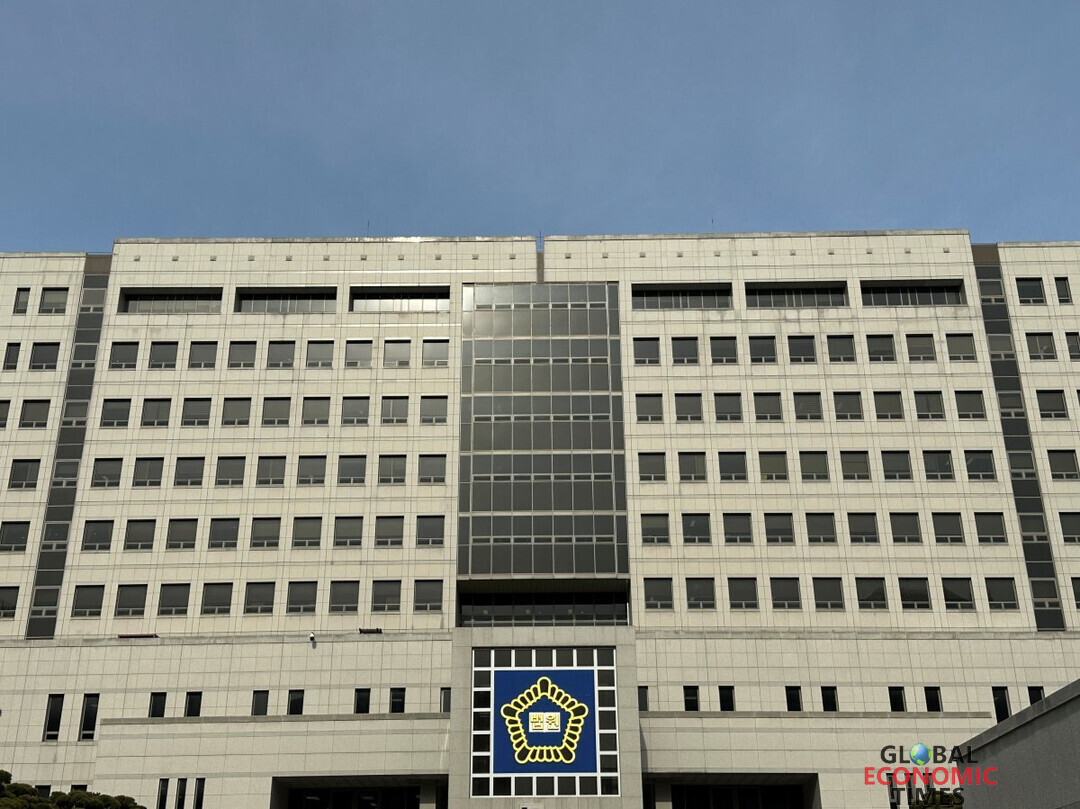
SEOUL— The former CEO of a financial firm, Midas Partners, has been handed a final sentence of 16 years in prison for masterminding a massive multi-level marketing (MLM) scam that swindled approximately 350 billion Korean won (roughly $260 million USD) from thousands of victims. The Supreme Court's Second Division recently upheld the lower court's ruling against the former head, identified only as Mr. Seo.
The scheme, which operated between 2018 and 2021, involved recruiting 5,287 victims under the pretense of a legitimate consulting firm. Mr. Seo was convicted on charges including fraud under the Act on Aggravated Punishment, etc. of Specific Economic Crimes and violation of the Act on Regulation of Receiving Deposits.
The "Ponzi" Mechanism and Lavish Spending
Mr. Seo and Midas Partners enticed investors with the promise of high, fixed returns, specifically an enticing "2% monthly profit." The fraudulent pitch claimed that the funds would be loaned to promising small and medium-sized enterprises, including a supposed solar power company, with the interest then paid back to the investors.
In reality, the entire operation was a classic Ponzi scheme, relying on the continuous influx of new investors' money to pay returns to earlier participants—a practice known as "robbing Peter to pay Paul." Investigations revealed that the highly publicized solar power company had no actual sales performance and simply engaged in a cycle of deposits and withdrawals with Midas, creating a false appearance of a lending relationship.
The court heavily criticized Mr. Seo for his blatant profiteering from the scam, noting he was both the biggest beneficiary and most responsible party. During the period of the fraud, he engaged in extravagant spending, including leasing expensive vehicles like a Rolls-Royce and purchasing numerous high-end luxury goods and expensive artworks.
Victims and Judicial Condemnation
The sheer scale and predatory nature of the crime drew strong condemnation from the judiciary. The court noted the "massive scale of property damage" and specifically highlighted how the scam targeted "economically vulnerable" victims, manipulating them into taking out high-interest 'policy loans' against their insurance or even investing their rental deposits (Jeonse).
In a remarkable display of indifference, Mr. Seo complained of poor health during the trial process yet was found to have participated in a racing competition. The court rebuked this behavior as "inappropriate," even considering the principle of the presumption of innocence.
In addition to the 16-year sentence, the lower court had also ordered a confiscation of 98.4 billion KRW (approx. $73 million USD), which the Supreme Court also upheld, bringing a definitive close to the legal proceedings. The verdict confirms a substantial punishment for one of the largest financial fraud cases in recent South Korean history.
[Copyright (c) Global Economic Times. All Rights Reserved.]




























